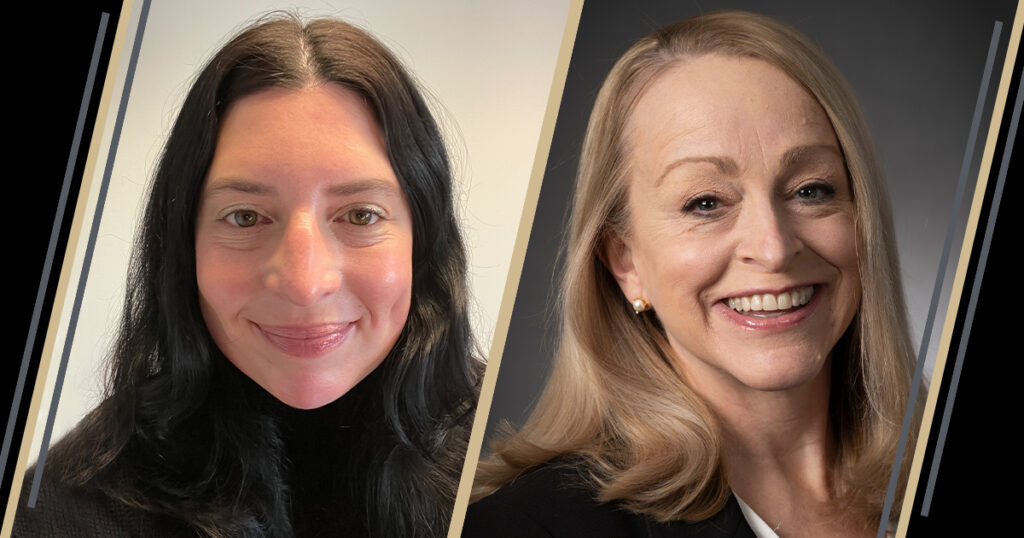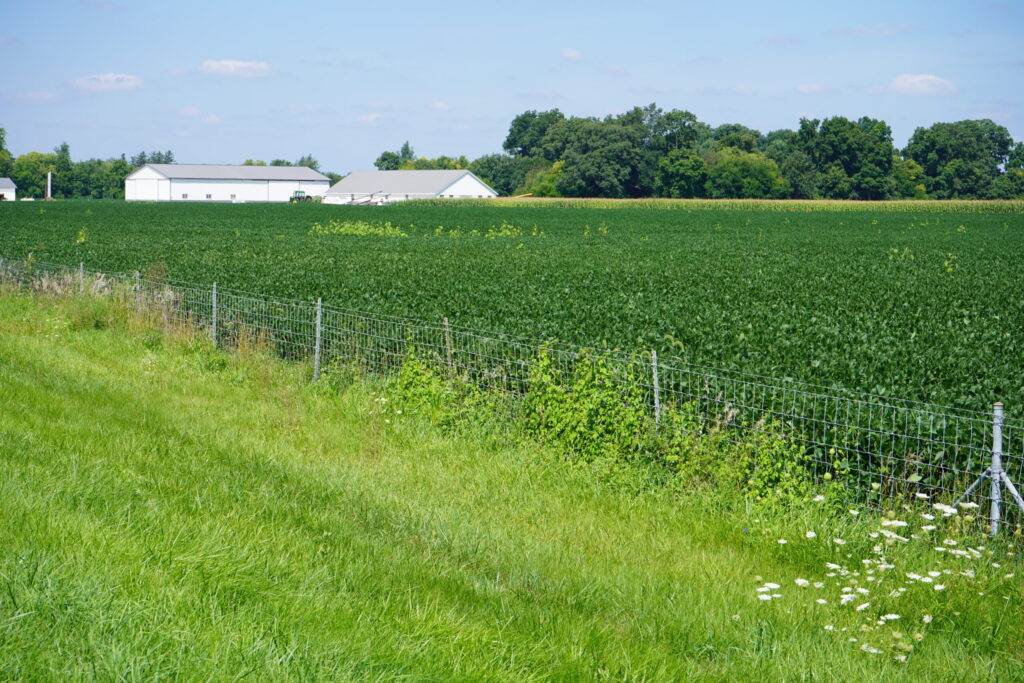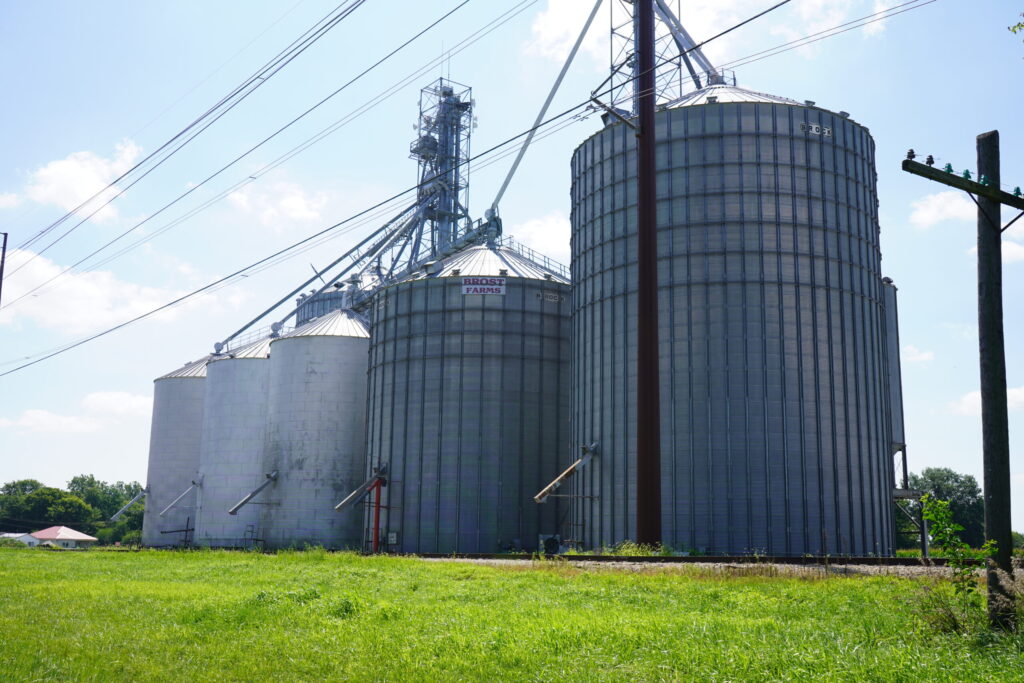Purdue launches rural education center to help address teacher shortage
In support of Purdue University’s land grant mission which promotes equitable access for all students, the College of Education, in partnership with relevant stakeholders, has received approval for what is believed to be Indiana’s first comprehensive rural education center

Co-founded by Stephanie Oudghiri, clinical assistant professor of Curriculum Studies, and Jennifer Barce, assistant dean for teacher education, the Purdue Center for Rural Research, Education, and Outreach will launch in the fall of 2023.
The rural center will focus on five major strands:
- Continuing professional development
Providing research-based PD to rural P-12 teachers as one of the outputs of the center will ensure that rural teachers have equitable access to the latest methods and best practices in teaching and learning. - Research
Focusing on developing rural community-based learning experiences to better understand authentic collaboration will strengthen pre-service teachers’ knowledge of community cultural wealth and adopt pedagogy that is grounded in culturally responsive teaching practices. - Teaching (Preparation, Recruitment, and Retention)
By intentionally increasing placements in neighboring rural areas, the center will position the COE and its partners to extend innovative and rigorous practices to surrounding Indiana rural communities. - Diversity, Equity, Inclusion
As the population demographics of rural communities has become more racially, ethnically, and linguistically diverse, school funding has decreased providing a gap in the professional development offered to P-12 teachers. - Outreach (addressing poverty, mental health)
Indiana ranks among the top ten states with the largest population of students enrolled in rural school districts. For many rural communities, schools are the central organizing structure for providing awareness, enrollment, and delivery of social services. Research and community outreach will support low-income and minoritized groups.
“The idea for the rural center began as a way of preparing pre-service teachers to work in rural communities but it quickly shifted into supporting rural students across the university,” said Oudghiri, who will serve as the Center’s director.
“At the heart of it we want to increase access to higher education and success for rural students in a variety of forms,” said Barce, the managing director for the center. “It’s a big opportunity for Purdue to be a leader in this area.”

Both Oudghiri and Barce live in the rural community of Benton County, where they have seen many rural education needs. Prior to the creation of the center, Oudghiri and Barce were each working to support rural education.
In the spring of 2022, Barce and the College hosted the first Rural Education Summit to look at how the national teacher shortage was hurting rural schools and areas. Barce realized through this summit that, at Purdue, she could “do more to help rural communities.” Barce began discussing the problem with Kathryn Obenchain, the College’s then-associate dean for Learning, Engagement and Global Initiatives. Together they applied for and received a two-year Indiana Department of Education (IDOE) Attract, Prepare, Retain Grant in July 2022 to expand their pilot efforts to serve more schools and more licensure areas.
This expanded program, titled the “1-2-1 Grow-Your-Own Teacher Pipeline Program” (121 GYO), provides four years of teacher preparation culminating with a year-long, two-semester student teaching residency in the student’s home community and under the supervision of a trained mentor teacher. 121 GYO partners with five schools from four school corporations: Tippecanoe School Corporation (TSC) and three rural school corporations: Frontier School Corporation, Clinton Central School Corporation, and Whitley County School Corporation.

After looking at other rural outreach research and conferences, Purdue’s land grant mission, and 121 GYO’s emphasis on supervised student teaching residency in the student’s home community, Barce and Obenchain realized that a larger research center could pull together this wide variety of needs and initiatives. They began discussing the need for a center with then-Purdue Provost Jay Akridge, and decided to hold a second, more interdisciplinary rural education summit to explore the idea.
At the summit, Oudghiri was invited by Barce to serve on a panel of rural community members who discussed the triumphs and challenges facing rural communities. In addition to living in a rural community, the over-arching concentration of Oudghiri’s work is on social justice and practices that contribute to enacting ethics of care for minoritized students in rural communities.
Barce invited Oudghiri to work on the second annual summit. Held on April 21, 2023, the second Rural Education Summit grew out of these discussions. It brought together education leaders and prominent stakeholders to share ideas and strategies for ensuring that rural youth have the opportunity to transition successfully from high school to college and career.
After the summit, Purdue’s Office of the Provost approved the new center to be launched, and Oudghiri and Barce were notified in the spring of 2023.
“As part of Purdue’s Land Grant mission, the College is committed to addressing both the state-wide teacher shortage and the unique needs of Indiana’s rural schools,” said Phillip J. VanFossen, the interim dean of the College of Education. “The Center is one-of-a-kind in Indiana and, as such, it allows us to coordinate and collaborate the great work the College is already doing to support our rural school-based partners.”

Going forward as the Purdue Center for Rural Research, Education, and Outreach launches this fall, Oudghiri and Barce plan to leverage their interdisciplinary contacts to increase its outreach. Together, they were invited to attend Virginia Tech’s second annual Center for Rural Education Summit where they met with other rural directors from across the United States.
Barce says the next steps for the center include developing an advisory board incorporating non-educator stakeholders, building partnerships, applying for more grants to expand services, planning another summit, and establishing a journal to increase rural scholarship.
Barce hopes the center will be a place where rural communities in Indiana and across the U.S. can learn what other rural communities are doing and improve their own outreach and services.
“This center has a really great element of including communities and people in those communities,” Barce noted. “How grateful and appreciative we are to the Provost for empowering us make this a world-class center.”
For Oudghiri, co-founding the rural center is a tremendous honor. “It is not enough to live within a rural community. Being an active community member begins by centering place,” she said.
As a committee member of the American Educational Research Association (AERA) Rural SIG, the Justice, Equity, Diversion & Inclusion (JEDI), Oudghiri is pleased to announce that the Purdue Center for Rural Research will be sponsoring two webinars in October titled, “Making Space for Multilingual Learners” and “Literacy and Equity in Rural Education” this October.
Sources: Stephanie Oudghiri, stoudghi@purdue.edu; Jennifer Barce, jbarce@purdue.edu
Dr. Stephanie Oudghiri’s research focuses on increasing pre-service teachers’ level of cultural confidence and deepening their level of understanding. Additionally, she is the course coordinator for EDCI 35000: Community Issues & Applications for Educators, a year 1 foundations course for first year pre-service teachers. She engages in research that examines pre-service teachers’ partnerships with community organizations that serve local populations and how working in these sites helps to develop competence in culturally responsive teaching and learning practices.
Dr. Jennifer Barce is an experienced educator with a demonstrated history of working in the higher education. She works in accreditation, educational assessment, educational technology, curriculum development, and teacher training, and leads the Academic Services unit in the Purdue University College of Education.